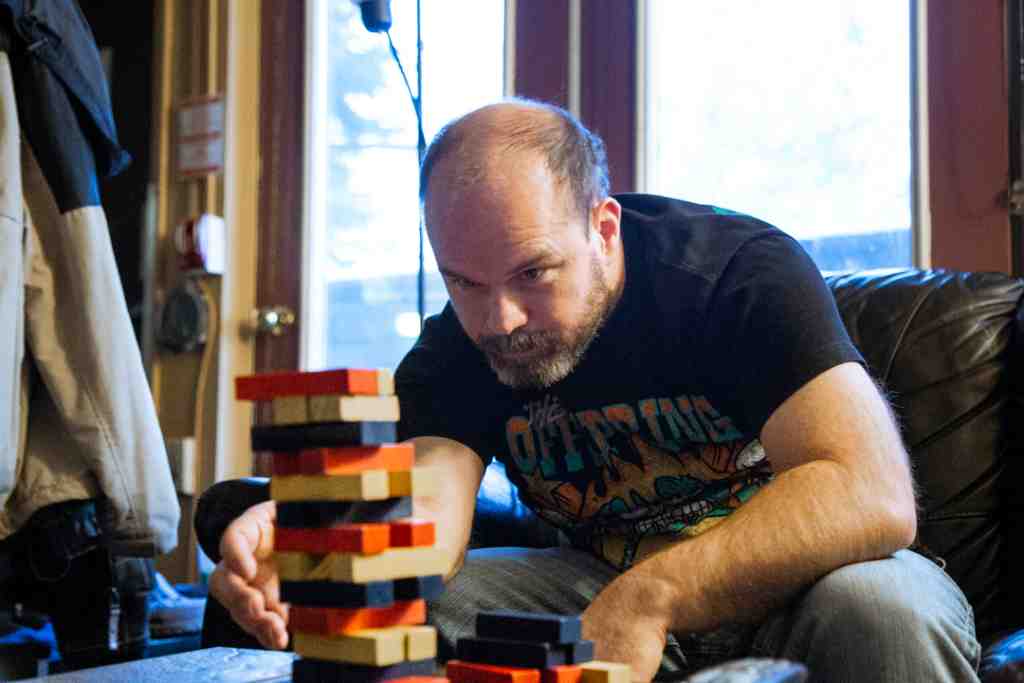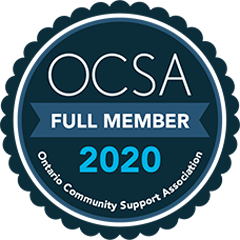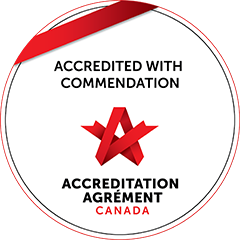10 Do's and Don't's
If Your Loved One is Addicted To An Unhealthy Behaviour
- Do become informed about addiction and recovery. Don't regard this as a family disgrace or write the person off as a "loser".
- Do acknowledge what is going on (e.g. the drinking, the gambling) and the consequences (e.g. missing family get-togethers). Don't nag, preach, lecture or scold, just acknowledge the facts.
- Do acknowledge your feelings ("I'm concerned about you", "I'm uncomfortable being with you when you're drinking"). Don't blame or use the "if you loved me" appeal.
- Do set limits (e.g. "I'll only talk with you when you're sober") and care for yourself (get on with your life). Don't make idle threats or attempt to control their addictive behaviours (drinking, drug use, gambling).
- Do allow your loved one to take responsibility for their addiction and its consequences.Don't try to protect them from drinking/using situations or "pick up the pieces" if they drink or use.
- Do get professional help for yourself (Alcohol & Drug Referral Service, Addictions Counsellors, Support Groups - AA, GA, OA, Al-Anon, etc.)
- Do encourage your loved one to get help with their problem.Don't drink, gamble or use with them and don't think that "willpower" is enough.
- Do be supportive of your loved ones' method of recovery.Don't put down A.A., counseling, etc. if it's helping them stay clean/sober. Don't expect to be the one they turn to for help.
- Do have realistic expectations. Recovery is an up and down process and doesn't happen overnight.
- Do offer love, support and understanding in your loved ones' recovery process. Don't be surprised if you have to make some changes as well!
Family Support Articles
FAMILY SUPPORT GROUP
Describes how spouses, parents and friends of people with brain injury can share, listen and express their daily experiences
FAMILY SUPPORT STAGES
Describes the Rancho Los Amigos Scale and provides suggestions for how families can support a person with brain injury through the different stages of recovery.
FAMILY GUIDES
Browse through three (3) guide books that have been developed to assist family members and loved ones through the difficult phases of rehabilitation.
UNHEALTHY BEHAVIOUR - DO'S & DON'TS
Courtesy of brainstream.ca
HOW TO MANAGE STRESS
information taken with permission from Getting Better and Better After Brain Injury. Describes recognizing signs of stress and how to effectively manage stress.





